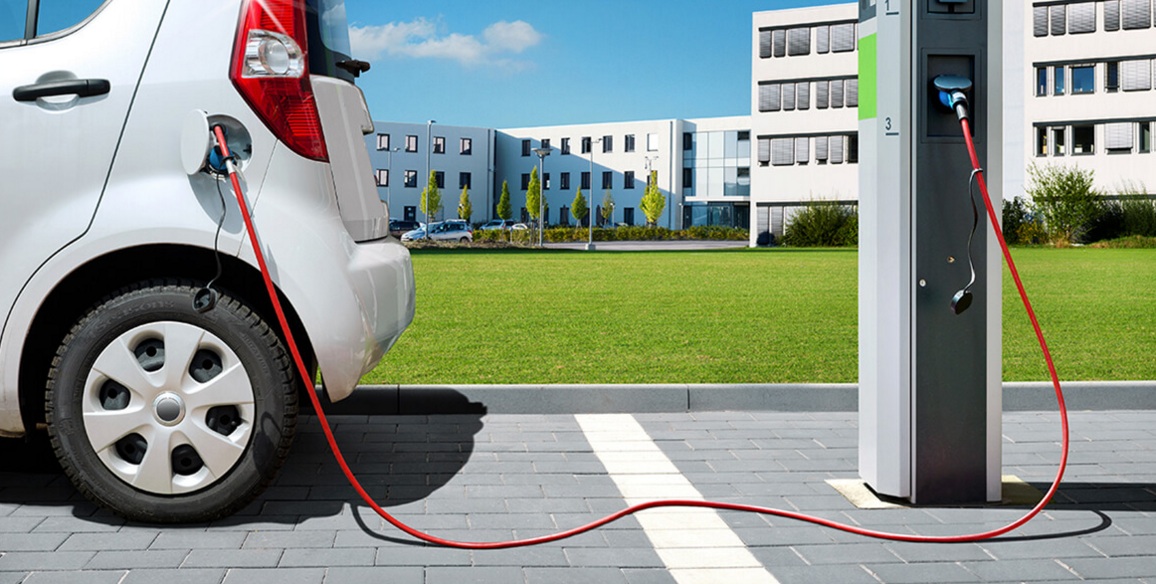An additional 21 million electric vehicles will be on the road globally over the next decade, according to new analysis from Deloitte.
Its research shows the pace of global EV adoption, rising from 2 million units in 2018, to 4 million in 2020, 12 million in 2025, before rising to 21 million in 2030.
By this point, Battery Electric Vehicles (BEVs) will significantly outperform the rest of the EV market, accounting for 70% of total EV sales.
However, Steve Jones, Strategy and Transformation Director at LeasePlan UK said the UK’s contribution to this global number is likely to be minimal.
He added: “Whilst the UK has been making progress in its electric vehicle strategy, it unfortunately lacks the momentum countries like Norway and the Netherlands have.
“In fact, our recent research has shown the UK is lacking in its EV preparations, having dropped from fifth to seventh in this year’s EV Readiness Index.
“If we hope to keep up with the rest of Europe, then urgent action needs to be taken to speed up the rollout of charging infrastructure, increase Government tax incentives as well as boost the number of EV models available. Without improvement on all three of these elements, the UK will continue to slip further down the rankings.”
Jones said that given how quickly the nature of mobility is changing, more regular and short-term reviews are necessary to ensure the UK’s strategy is aligned to how consumers and businesses are utilising transport services.
He added: “The Road to Zero strategy is a good starting point, but as a nation we need to be bolder in our plans to reduce carbon emissions and prepare for the future of transport.”
LeasePlan’s research shows that compared to last year, all 22 countries in the its EV Readiness Index 2019 have shown an improvement in EV readiness, mainly due to a greater availability of new EV models with longer ranges and improved charging infrastructure.
Finland, Germany and Portugal improved their ranking significantly, as a result of better charging infrastructure, a higher percentage of EV registrations and more attractive government incentives.
The Netherlands has the most public charging plugs available (83,196), followed by Germany (37,405) and France (34,558).
Deloitte’s analysis points to two factors in accelerating BEV uptake: growing consumer demand for greener vehicles, coupled with government policies that offer financial incentives while placing inner-city restrictions for gasoline and diesel vehicles.
While upfront purchasing costs of EVs remain the biggest barrier for consumers, Deloitte’s research reveals how, as technology improves, this and other consumer concerns will gradually ease over time.
It predicts that by 2024, the cost to own a BEV will be on par with that of a petrol or diesel vehicle, which could boost demand further.
Michael Woodward, UK automotive partner at Deloitte, said: “In 2018, we saw global EV sales surpass 2 million units for the first time; twice those sold in 2017.
“In the UK, the cost of petrol and diesel vehicle ownership will converge with electric over the next five years. Supported by existing government subsidies and technology advances, this tipping point could be reached as early as 2021.
“From this point, cost will no longer be a barrier to purchase, and owning an EV will become a realistic, viable option for new buyers.”







Leave A Comment